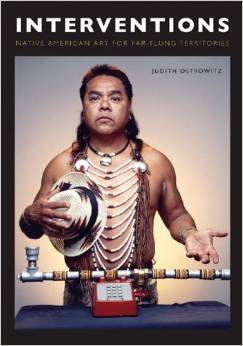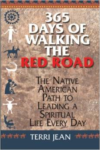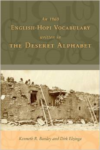Description
“Interventions” examines how members of Native American and Canadian First Nation groups situate their art in contemporary global environments, creating a new kind of nexus between the requirements of Native communities and the forms of public display that are of interest to worldwide audiences.
Judith Ostrowitz selects several critical cases to demonstrate this strategic tacking between macro- and micro-identities. The long-term implications of the totem pole restoration projects of the second half of the twentieth century; the opening of the National Museum of the American Indian; the dance event in Juneau known as Celebration; the impact of modernism and postmodernism on Indian art; and the use of electronic media to establish Indian territory on the Internet all demonstrate facets of the purposeful and context-driven strategies of self-representation designed by Native communities.
The NMAI may be the paramount example of the construction of public identity originating from Indian Country to date. Ostrowitz describes how, in the course of the museum’s creation, the distinctions among many specific groups of origin were selectively blurred in service of larger goals. In contrast, the purpose of the gathering of Tlingit, Haida, and Tsimshian people at the biennial Celebration is to rejoice in distinct Native groups and in the vitality of their traditions. Postmodernism has afforded twentieth- and twenty-first century Native artists the opportunity to penetrate mainstream art worlds, where experimentation is encouraged and the former criteria for the production of “Native art” are selectively referenced.
Through close readings of Native cultural productions, Ostrowitz puts Native art practices into conversation with larger issues in cultural studies. Art audiences are becoming familiar with many works that address global communities but are generated in environments affected by specific ethnic, gendered, and cultural perspectives. As the work of non-Native artists in world-system venues is now also interpreted in the context of the biographical and cultural histories of their makers, all works of art may be better appreciated as expressions of local artistic position.






Reviews
There are no reviews yet.